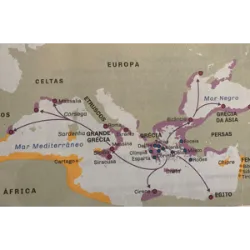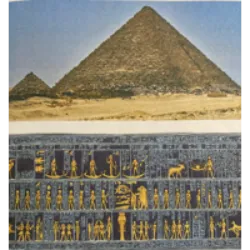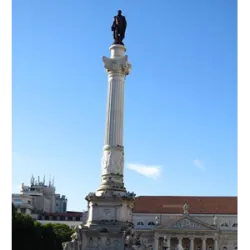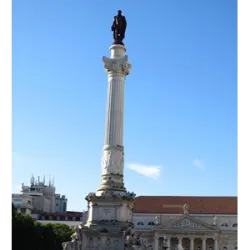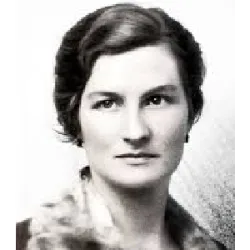The Crusades: Religion and Conquest

Between 1096 and 1291, the Crusades were a series of Christian military expeditions launched with the aim of retaking the Holy Land, particularly Jerusalem, from Muslim rule. Under the leadership of the Catholic Church, European Christians marched towards the Middle East, motivated by a strong religious appeal as well as territorial and economic interests.
The Crusades had a profound impact on relations between Christians, Muslims and Jews. Although the initial goal was to recapture Jerusalem, the conflicts also resulted in massacres of Jews and tensions between the religions. However, the expeditions also promoted cultural exchange, with contact between the Christian West and the Muslim East bringing advances in areas such as science, mathematics, philosophy and art, as well as stimulating trade.
In addition, the Crusades altered the power dynamics in Europe, weakening the feudal nobility and expanding the influence of the monarch and the Church. The impact of the Crusades was also felt in relations between European powers, promoting the beginning of medieval globalization and expanding trade routes between the West and the East.
The Crusades, although with mixed results, were one of the greatest historical events of the Middle Ages, with lasting repercussions on many aspects of medieval society.
Did you know?
